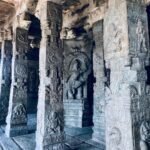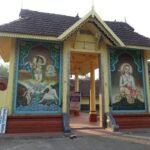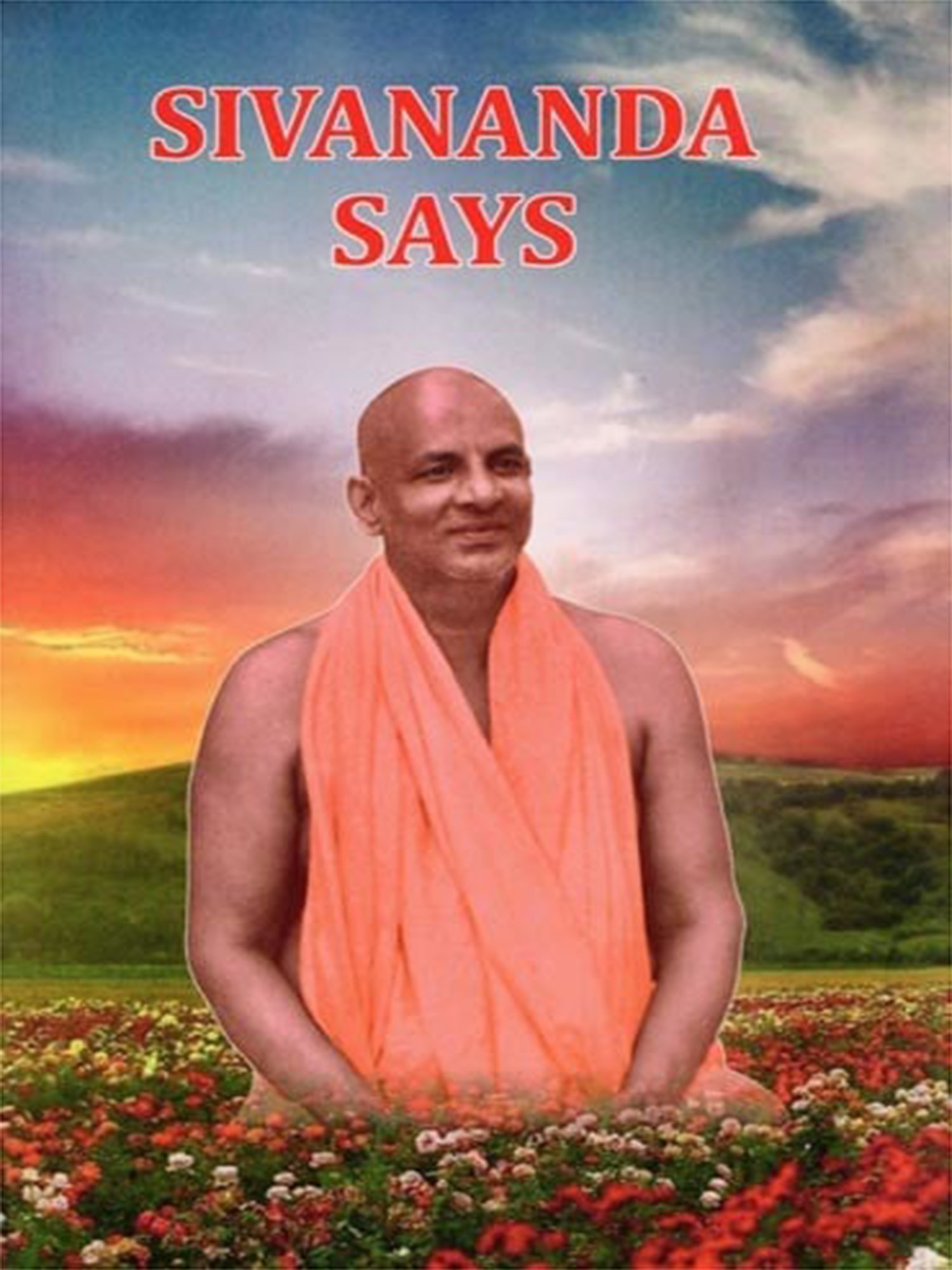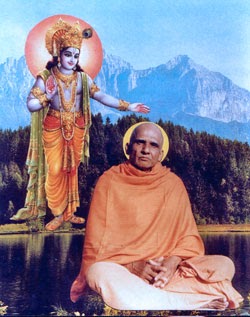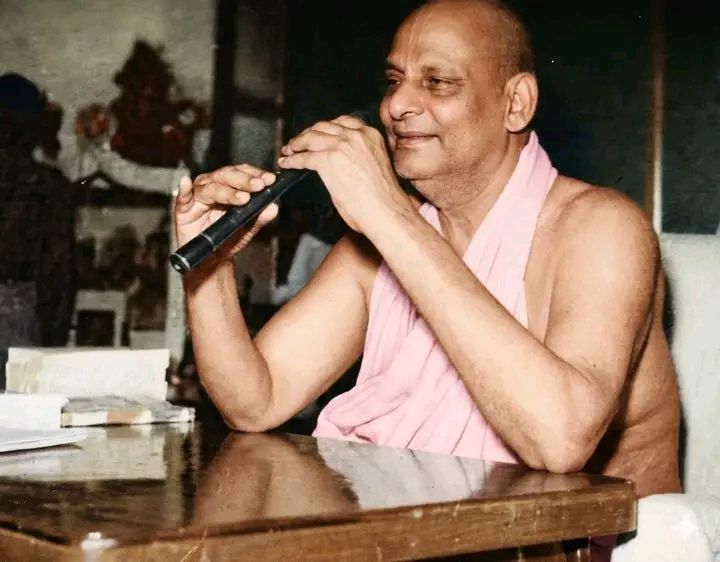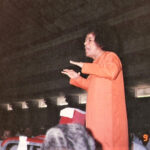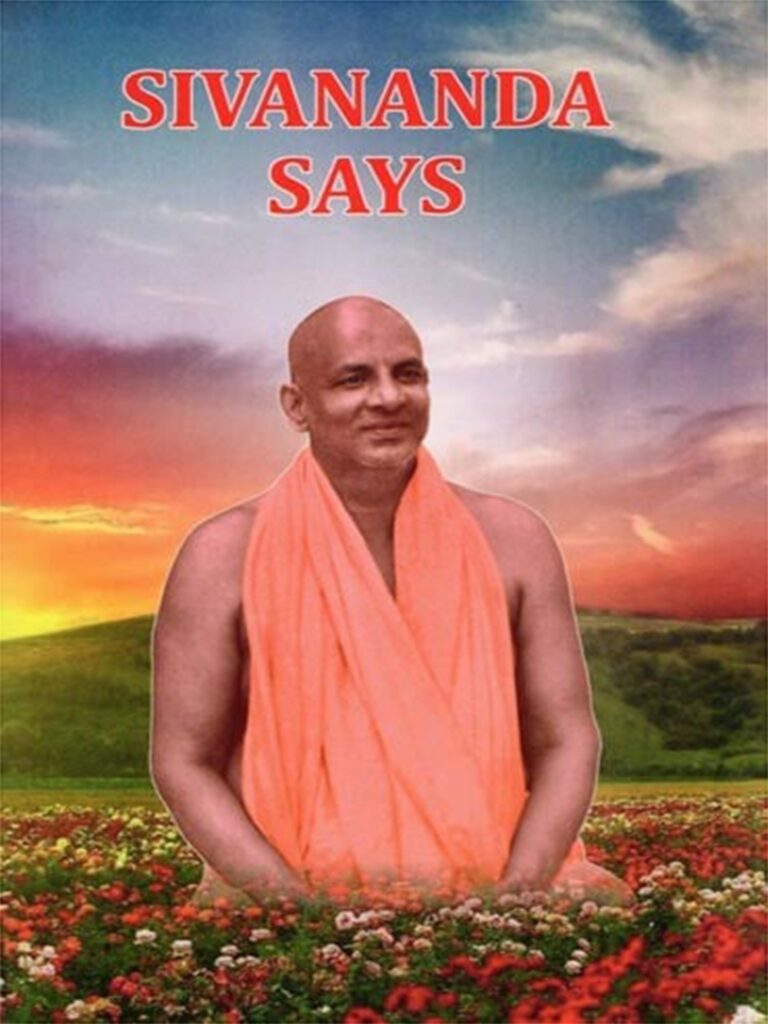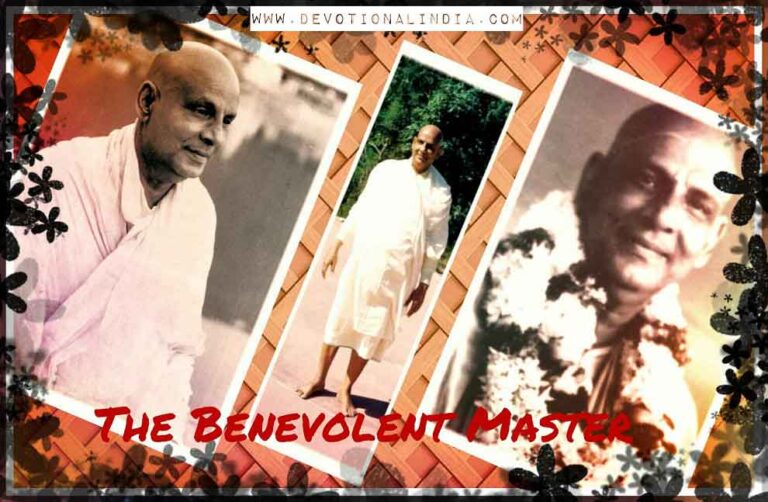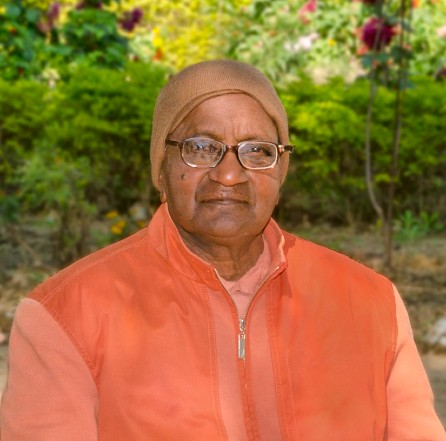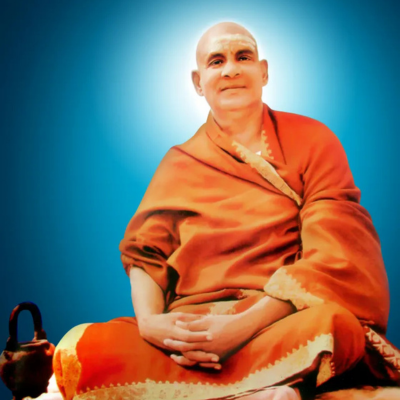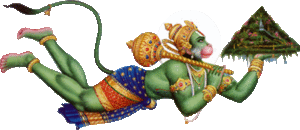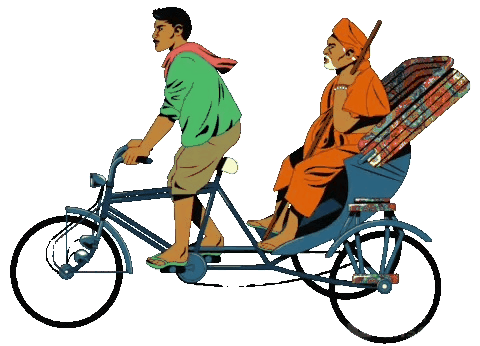summer showers in (1993)
Summer Showers in (1993)

Summer Showers in Brindavan 1993 is a compilation of spiritual discourses delivered by Bhagavan Sri Sathya Sai Baba during the Summer Course in Indian Culture and Spirituality held at Brindavan, Whitefield. The central theme of this series is the transformation of man from the level of the human to the divine, emphasizing self-realization, ethical living, and the unity of all existence.
Sai Baba explores both the philosophical depth and the practical applications of Indian spiritual traditions, especially focusing on the mind, thought, and self-discipline as essential tools for spiritual evolution. A major portion of the discourses examines the six classical schools of Indian philosophy—Nyaya, Vaisheshika, Samkhya, Yoga, Purva Mimamsa, and Vedanta—explaining their concepts in a simplified and practical way, showing their relevance to modern life.
He emphasizes that thought is the basis of creation, and one’s inner world directly shapes one’s outer experiences. By purifying thought and controlling the restless mind, individuals can achieve peace and harmony.
Sai Baba likens the mind to a mad monkey and stresses the need for self-control, discrimination (viveka), and dispassion (vairagya) as tools to master it. Throughout the discourses, he underscores the value of Dharma (righteousness) and Atma Vidya (knowledge of the Self), asserting that true education is that which leads to character formation and the realization of the divine within.
The discourse on “Sathyam, Shivam, Sundaram” highlights truth, goodness, and beauty as the ultimate attributes of the divine, and he encourages students to cultivate these qualities in thought, word, and deed. The mind is presented as both the source of bondage and liberation—when polluted by desires, it leads to suffering, but when purified, it becomes a gateway to bliss. Baba also elaborates on the maladies of the modern mind, such as ego, hatred, selfishness, and restlessness, and prescribes remedies like devotion, service, meditation, and surrender to God.
The ultimate goal of life, according to him, is not material success, but self-realization and unity with the divine consciousness. He reminds the youth that the strength of India lies not in wealth or technology, but in its rich spiritual heritage, which teaches love, sacrifice, and unity. Sai Baba’s teachings in this volume are deeply rooted in Indian philosophy but are presented in a manner accessible to students and spiritual seekers across cultures.
His goal is not merely to inform but to transform—to awaken the divinity latent in every human being and guide them toward a life of love, peace, selfless service, and inner joy. Summer Showers 1993 thus serves not only as a philosophical text but also as a spiritual manual for those who wish to rise above worldly distractions and rediscover their true nature as the Atma, the eternal Self.


